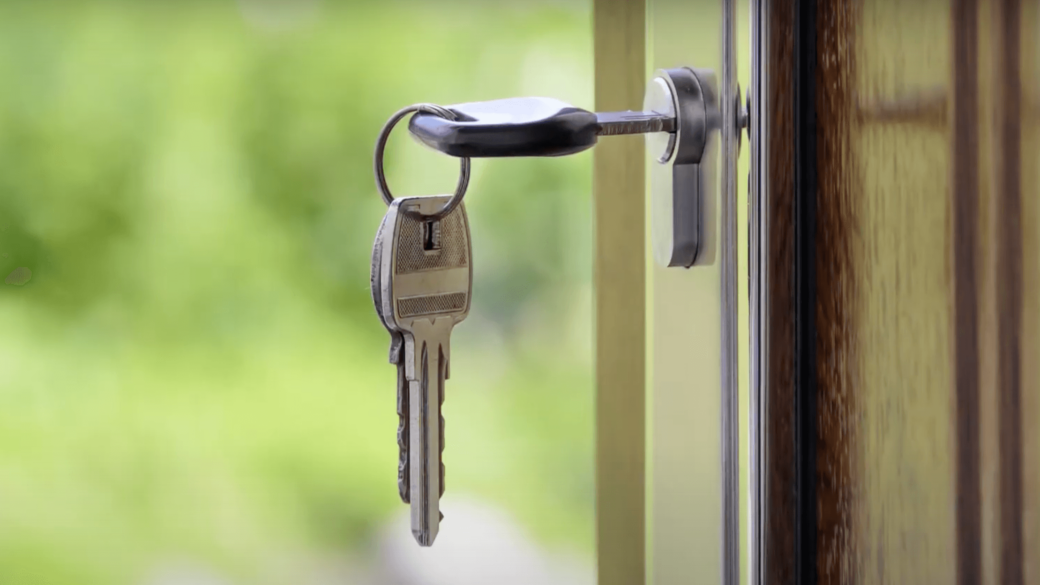Landlord Threw Away My Stuff
A signed lease grants a tenant and a landlord some specific rights and responsibilities. A possible complication in this relationship involves how to handle a tenant’s personal items left on the property. So can a landlord throw away your stuff?
This article explores the legal aspects and possible situations related to this topic. We also offer advice to tenants on how to avoid these problems.
Can a Landlord Legally Throw Out a Tenant’s Belongings?
State and local laws govern how landlords can handle tenants’ belongings. Generally speaking, a landlord can’t just throw away your stuff without adhering to specific procedures. Take California as an example: landlords must give written notice and then wait a certain amount of time before taking steps to deal with abandoned belongings.
A court-ordered eviction is usually required if the tenant is still living on the property. Only after a successful eviction can the landlord address the tenant’s personal items. But even in this situation, there are also set rules that must be followed. For instance, the landlord might be obligated to keep the possessions for a set time frame, giving the tenant a chance to retrieve them.
In What Scenarios Can a Landlord Throw Out a Tenant’s Belongings?
Certain laws allow landlords to remove or dispose of tenants’ belongings. A common scenario arises when a tenant moves out and leaves their belongings behind. In such instances, legal requirements often mandate that the landlord store these items for a specified period, allowing the tenant the opportunity to retrieve them.
Another situation to consider is when a lease includes specific provisions outlining the actions a landlord can take regarding left or abandoned belongings. To be legally binding, landlords and tenants must clearly and mutually agree to such agreements.
Rarely, a landlord may have legal grounds to act if a tenant’s belongings pose a health or safety risk. However, the typical procedure does not involve immediate disposal; notice is usually required.
Local Laws and Regulations
State and local laws dominate the field of landlord-tenant interactions. Different states have rules for landlords and tenants, including how to handle personal items in a rental. It’s crucial for both parties to familiarize themselves with the laws relevant to their specific state.
Doing so aids not just in grasping one’s own rights and responsibilities but also in effectively managing situations that concern personal possessions.
Landlord’s Responsibilities
Landlords are legally required to honor the rights of their tenants, including the treatment of their personal items. Landlords must follow the correct legal procedures as set forth by state or local laws before taking any action involving a tenant’s belongings. This often requires giving the tenant sufficient notice and, in certain scenarios, securing a court order.
Following these prescribed legal pathways not only safeguards the landlord against possible legal issues but also fosters a just and respectful relationship between landlord and tenant. By providing practical examples of the actions a landlord should consider before dealing with a tenant’s personal items, both landlords and tenants can gain a clearer understanding of what to anticipate.
Tenant’s Responsibilities
In contrast, tenants must follow the lease and communicate with their landlords, especially if they plan to leave. It’s wise for tenants to take all their possessions when moving out and to record the state of the rental space. Doing so can help avoid disagreements over left-behind items or allegations of harm to the property.
Additionally, being timely in answering landlords’ communications and resolving any issues can contribute to a harmonious landlord-tenant relationship, thereby minimizing confusion over matters related to personal items.
What to Do If Your Landlord Has Thrown Out Your Personal Belongings
Should you encounter a scenario where your landlord has improperly gotten rid of or relocated your possessions, your initial move should require thorough documentation. Capture photos, collect testimonies from witnesses, and maintain a log of all exchanges between you and your landlord.
Legal advice is essential because landlord-tenant laws vary by jurisdiction. An attorney well-versed in landlord-tenant matters can offer informed advice and advocate on your behalf, whether that involves negotiating a settlement or proceeding with legal measures.
In certain situations, you may be entitled to financial restitution for your lost or harmed possessions and perhaps even extra damages if the landlord’s conduct was particularly harmful or deliberate.
How to Prevent Your Landlord from Throwing Out Your Belongings
It’s always wiser to prevent issues than to fix them later. A clear dialogue with your landlord about your rental situation and any potential issues is crucial. Stick to the conditions laid out in your lease, and should you decide to move out, give your landlord plenty of notice and be quick to gather all your possessions.
Learning your local landlord-tenant laws is also recommended. Being well-informed allows you to take proactive steps and handle potential problems before they worsen.
Creating a Proper Inventory
Keeping a thorough list of personal items can serve as a protective measure against potential disagreements. It’s wise for tenants to catalog their possessions, capturing images and retaining any purchase receipts if feasible.
Likewise, landlords should keep track of any furnishings or additional items included in the rental contract. If conflicts arise over lost or damaged goods, a meticulously documented inventory can serve as an invaluable reference. This practice also smooths out the process when a tenant departs, ensuring that all items are properly accounted for.
Insurance Coverage
Renters insurance serves as an important asset for tenants, offering a layer of protection for their personal items against incidents like loss, theft, or damage. It acts as a financial cushion in unexpected situations, such as fires or break-ins.
Conversely, landlords often have insurance policies that cover the building and communal spaces but usually exclude the personal possessions of tenants. It’s wise for tenants to think about securing renters insurance, and landlords should also emphasize to tenants the significance of obtaining their own coverage.
Alternative Dispute Resolution (ADR)
Alternative Dispute Resolution (ADR) techniques such as mediation or arbitration may be a practical option in the event of a disagreement between a landlord and a tenant regarding personal property. These methods are usually less confrontational, faster, and cheaper than court litigation. They create a setting where both sides can openly discuss their issues and reach a consensus, all under the supervision of an impartial third-party mediator or arbitrator.
Maintaining a Good Landlord-Tenant Relationship
A positive relationship between a landlord and tenant can greatly diminish the chances of disagreements regarding personal items. Transparent dialogue, mutual respect for each other’s rights, and sticking to the lease conditions are essential elements for fostering and sustaining a good rapport.
Both landlords and tenants should aim to resolve issues swiftly and courteously. Offering guidance on maintaining a strong relationship—like keeping up with regular updates, complying with notification guidelines, and showing empathy for each other’s situations—can enrich the leasing experience and lessen the likelihood of conflicts over personal possessions.
Conclusion
Laws and agreements must be understood and followed by landlords and tenants. Being informed, communicating openly, and seeking legal advice is essential to a good landlord-tenant relationship and protecting one’s rights and property. If your landlord has thrown away your stuff without informing you, then there is an opportunity for you to take action.


